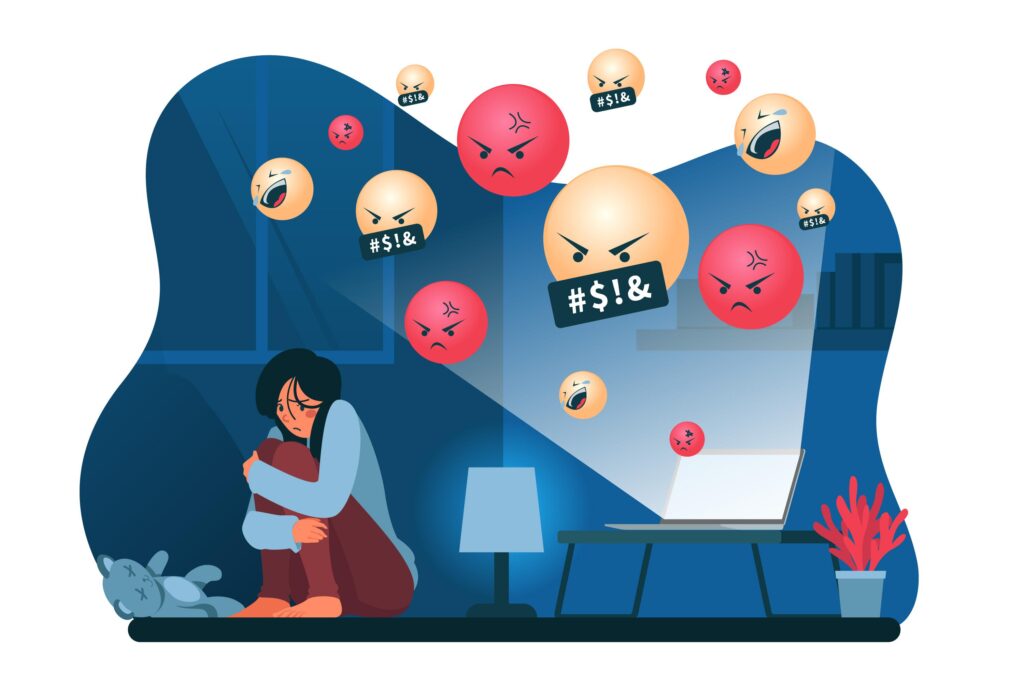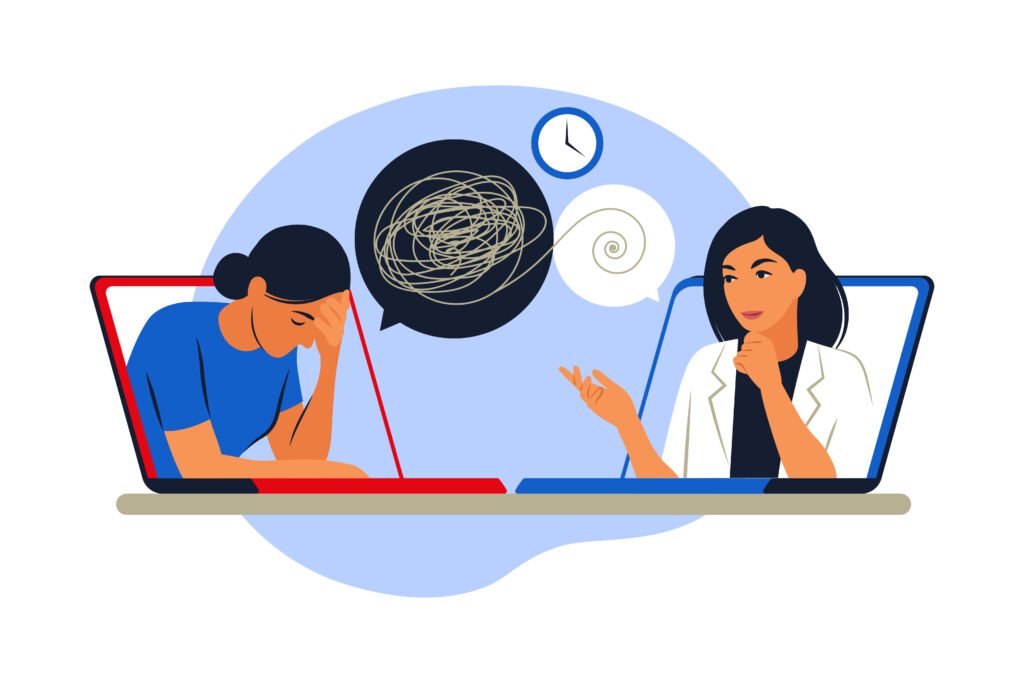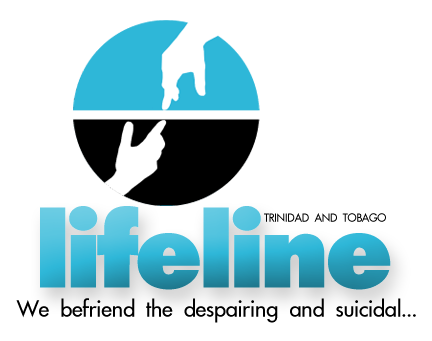In today’s digital age, where connectivity is pervasive, it is vital to navigate the online world with caution, particularly for individuals with high risk factors for self-harm.

Identifying Triggers in the Digital Age
Triggers in the digital age can significantly impact our mental well-being, making it crucial to comprehend their nature and effects. Below are some triggers to watch out for.
- Sensationalized Media Coverage
News articles and social media posts that sensationalize self-harm or suicide can act as triggers for vulnerable individuals. It is essential to be aware of the potential impact of such content and take steps to limit exposure. If triggered, consider seeking support from organizations that offer dedicated helplines.
- Cyber-bullying and Online Harassment
Instances of these incidents can deeply affect one’s mental health, potentially exacerbating feelings of distress. Recognizing the signs and seeking assistance from suicide help organizations can provide crucial support during challenging times.
- Graphic or Disturbing Content
Certain websites or social media platforms may contain explicit or disturbing images, discussions or user-generated content related to self-harm or suicide. Avoiding prolonged exposure to such content and calling a suicide hotline offered by trained organizations when triggered can provide immediate assistance and guidance.
- Comparisons and Social Media Envy
Social media platforms frequently portray an idealized image of people’s lives, contributing to feelings of inadequacy and diminished self-esteem. Constant exposure to others’ achievements, travel photos or curated lifestyles can trigger negative emotions and a sense of missing out.
- Online Trolling and Hate Speech
The anonymity of the internet can embolden individuals to engage in online trolling or spread hate speech. This toxic behavior can cause immense distress and harm to those targeted.
Coping Strategies for Navigating Triggers

When it comes to managing triggers in the digital age, having effective coping strategies is essential for maintaining our mental well-being. These strategies can empower individuals to proactively address triggers and foster a healthier digital experience.
- Mindful Social Media Use
Curating your social media feed to include accounts that promote positivity, mental well-being and self-care can contribute to a healthier online experience. However, if triggered, remember to access resources provided by organizations specializing in suicide help and hotlines.
- Digital Detox
Taking periodic breaks from the digital world can help restore balance and reduce the risk of being overwhelmed by triggering content. During these breaks, it is crucial to identify and reach out to organizations offering suicide hotlines for immediate support. Some signs that you badly need a digital detox include depressed mood, feeling insecure and increased irritability, anger or frustration.
- Seek Supportive Online Communities
Joining online support groups or communities can provide a safe space to share experiences, seek advice and receive empathy from others who understand the challenges associated with mental health. These communities can also direct individuals to reputable organizations that offer suicide help.
- Establish Boundaries
Setting boundaries around digital engagement is essential for protecting your mental well-being. If you encounter triggers despite these boundaries, don’t hesitate to utilize the services of suicide hotline provided by specialized organizations to receive the immediate help and support you need.
- Utilize Mental Health Apps and Resources
There are various mental health apps and websites available that offer coping mechanisms, mindfulness exercises and self-help resources. However, in moments of crisis, it is essential to reach out to organizations that offer suicide hotlines for immediate assistance.
- Develop Offline Coping Strategies
Engaging in offline coping strategies can strengthen your resilience and provide alternative outlets for managing stress and difficult emotions. However, if these strategies are insufficient during a crisis, do not hesitate to contact organizations specializing in suicide help and hotlines for immediate support.
- Engaging in Creative Outlets
Channeling our emotions and energy into creative outlets can be an effective coping strategy. Engaging in activities such as writing, painting, music or any form of creative expression allows us to process our feelings, distract ourselves from triggers and promote emotional well-being. It provides a healthy outlet for self-expression and can serve as a positive distraction from online triggers.
- Practicing Self-Reflection and Emotional Awareness
Taking the time for self-reflection and developing emotional awareness can help us better understand our triggers and their underlying causes. This involves exploring our thoughts, emotions and reactions to online content and identifying patterns or triggers that consistently affect us. By becoming more self-aware, we can proactively address triggers, develop healthier coping mechanisms and seek appropriate support when needed.
- Seeking Suicide Help
Several reputable organizations offer suicide hotlines and immediate assistance to those in crisis. For example, in Trinidad and Tobago, Lifeline is a non-government organization offering 24-hour listening services for the despairing and suicidal.
If you need someone to listen, give us a call immediately at the following numbers:
- 800-5588
- 866-5433
- 220-3636 for FLOW to FLOW calls
Conclusion
As we navigate the digital age, it is crucial to acknowledge and address potential triggers that can impact our mental well-being. By understanding the risks associated with sensationalized media coverage, cyber-bullying and graphic content, among other triggers, we can take proactive steps to protect ourselves.
